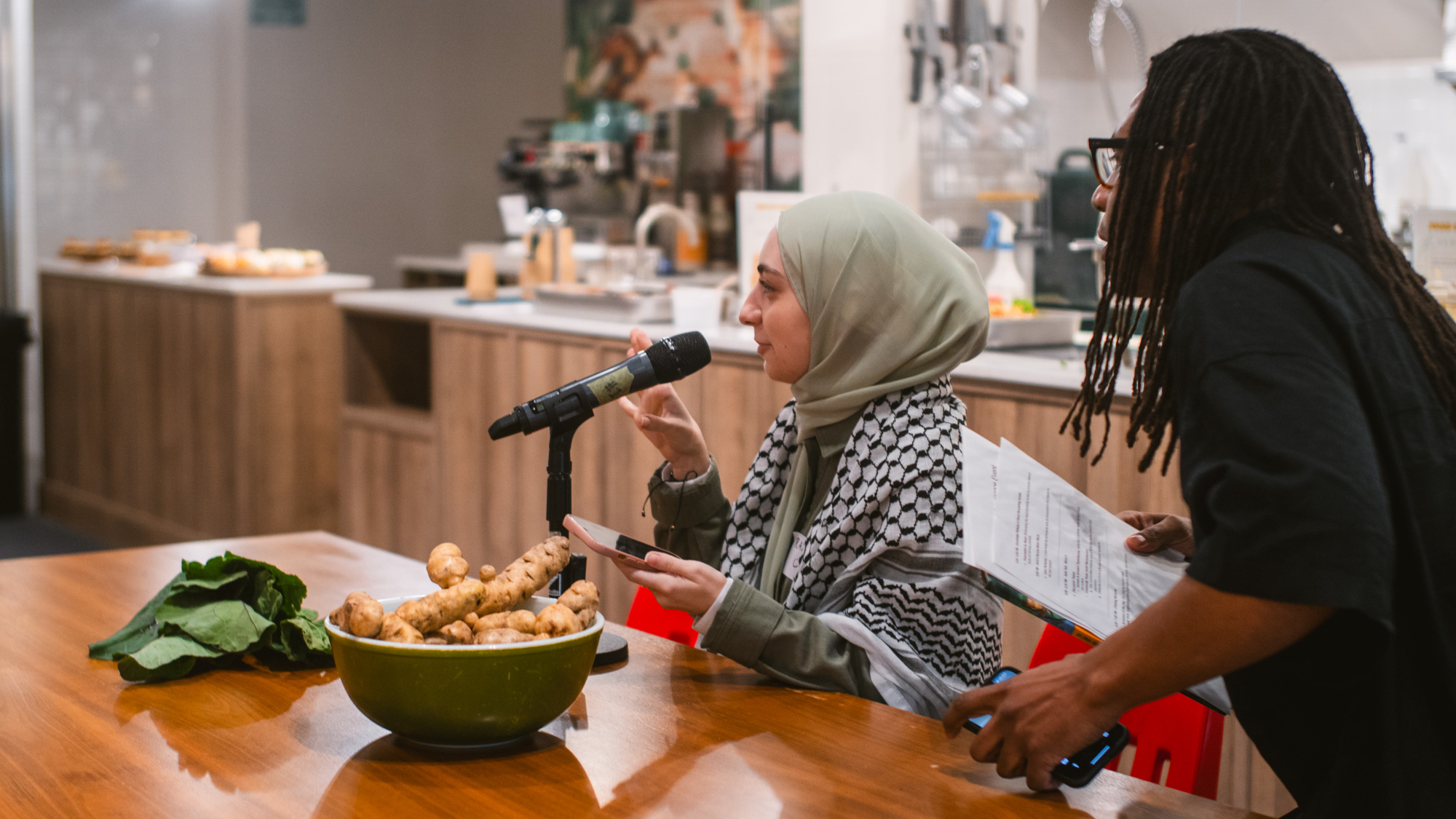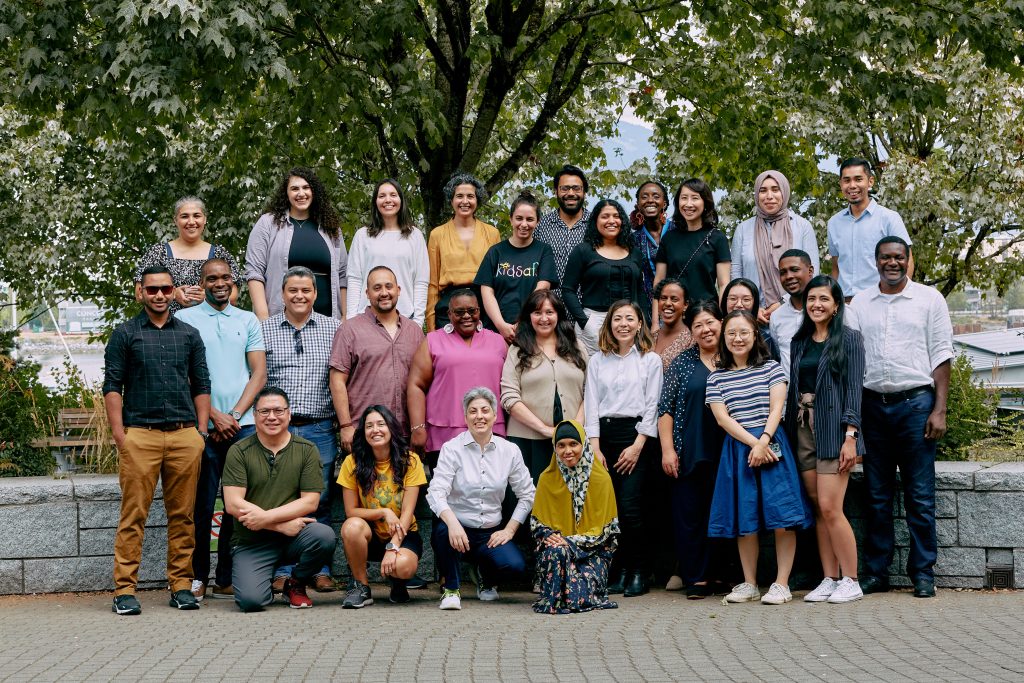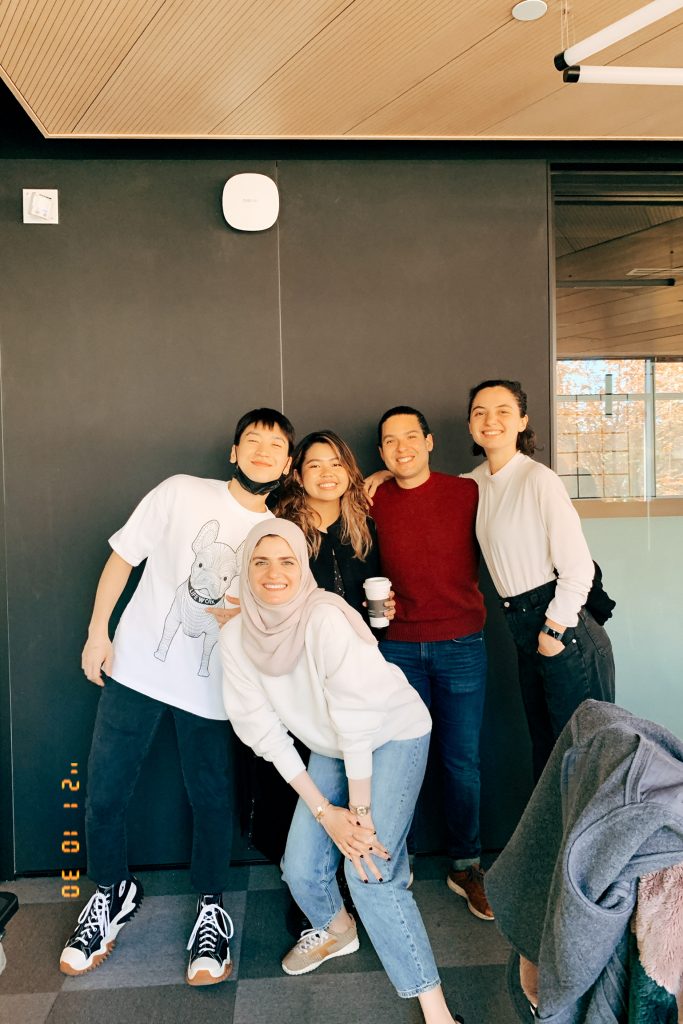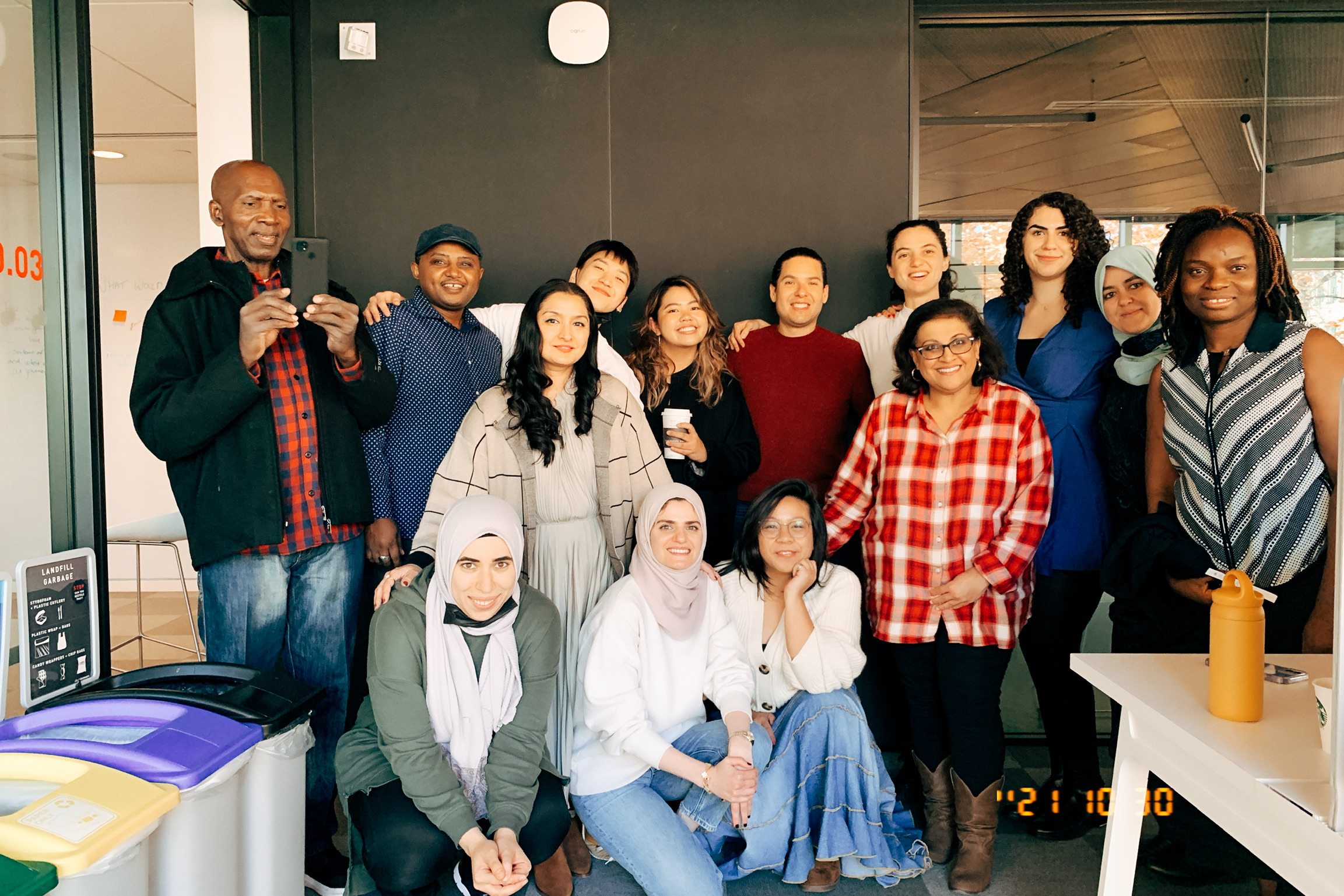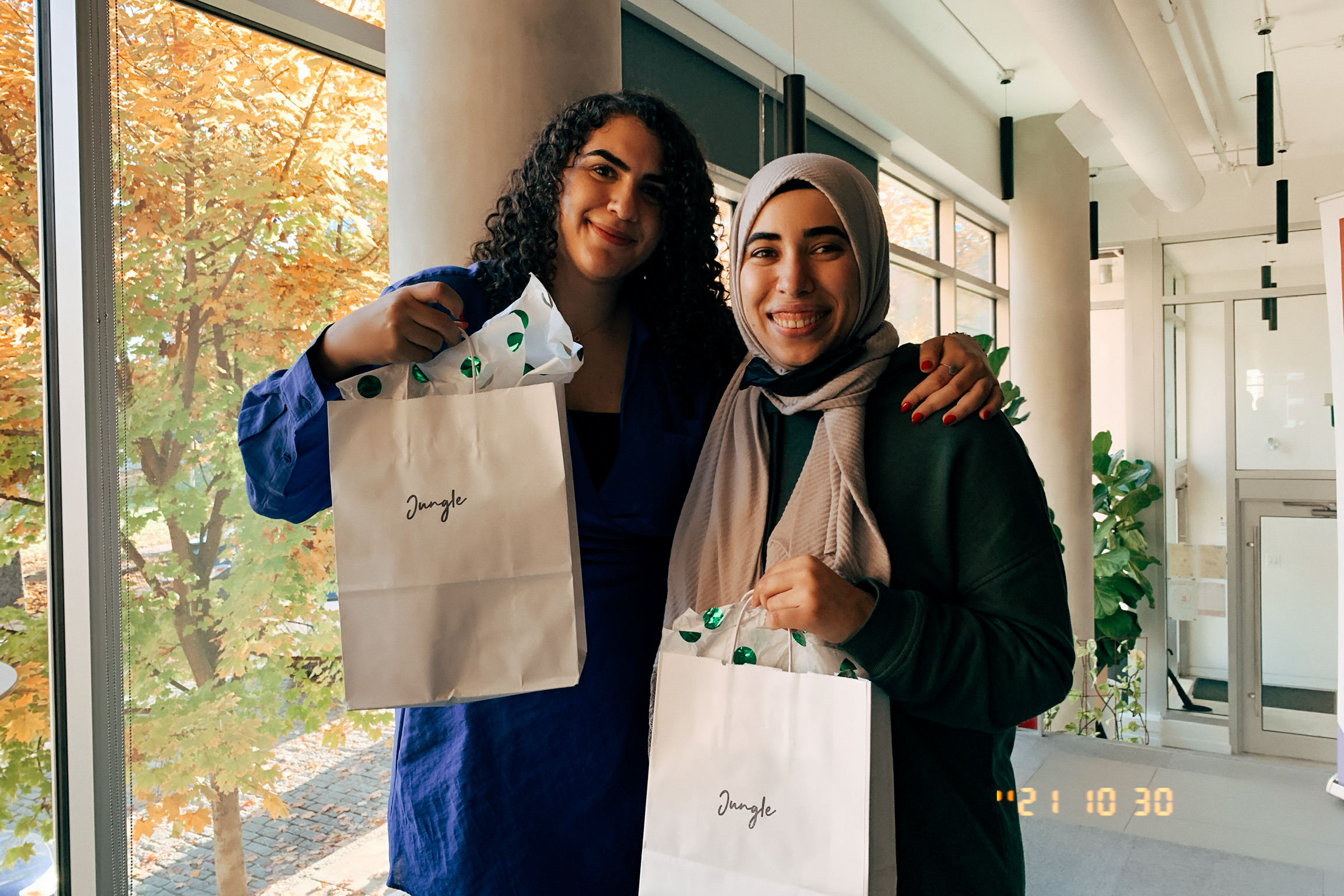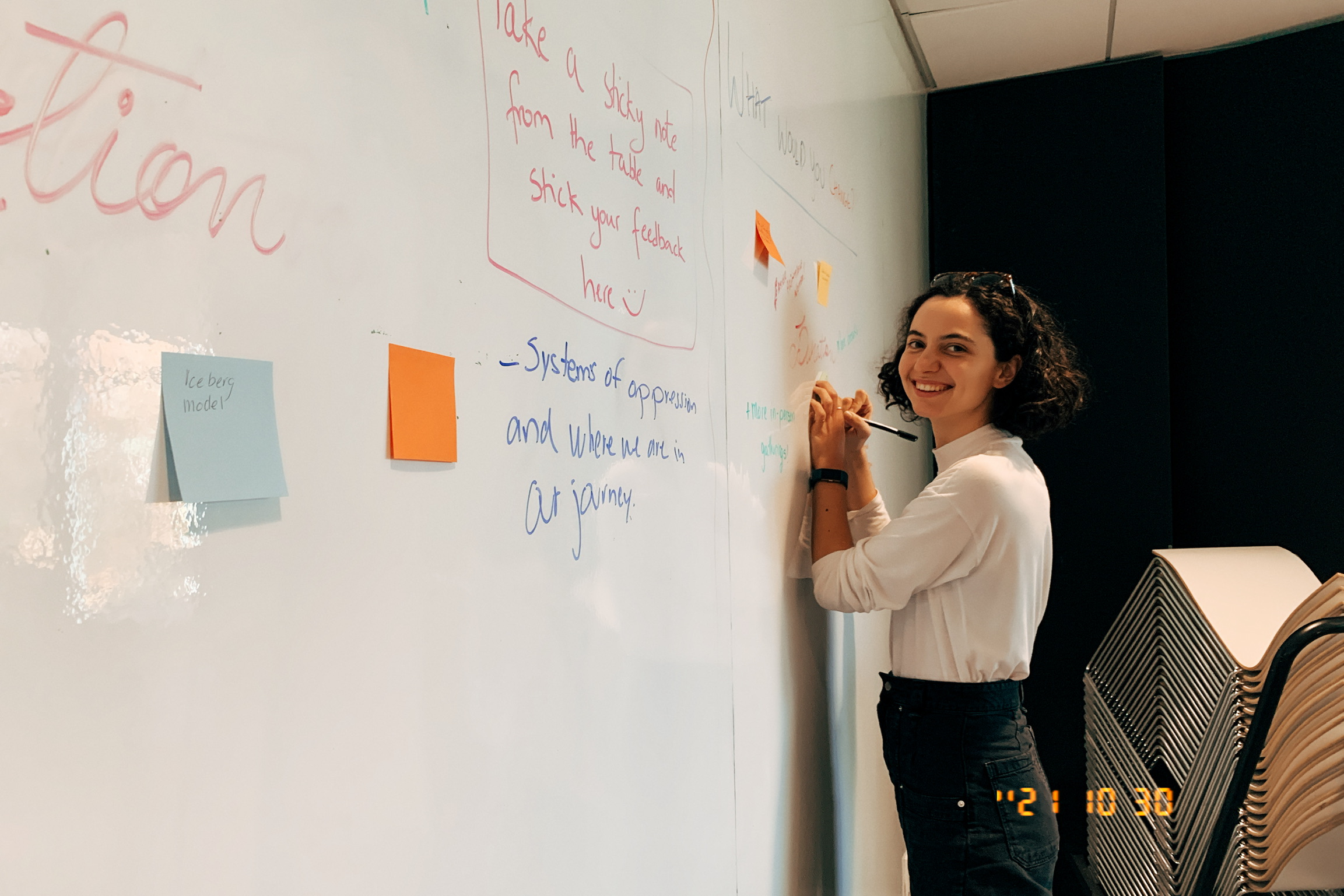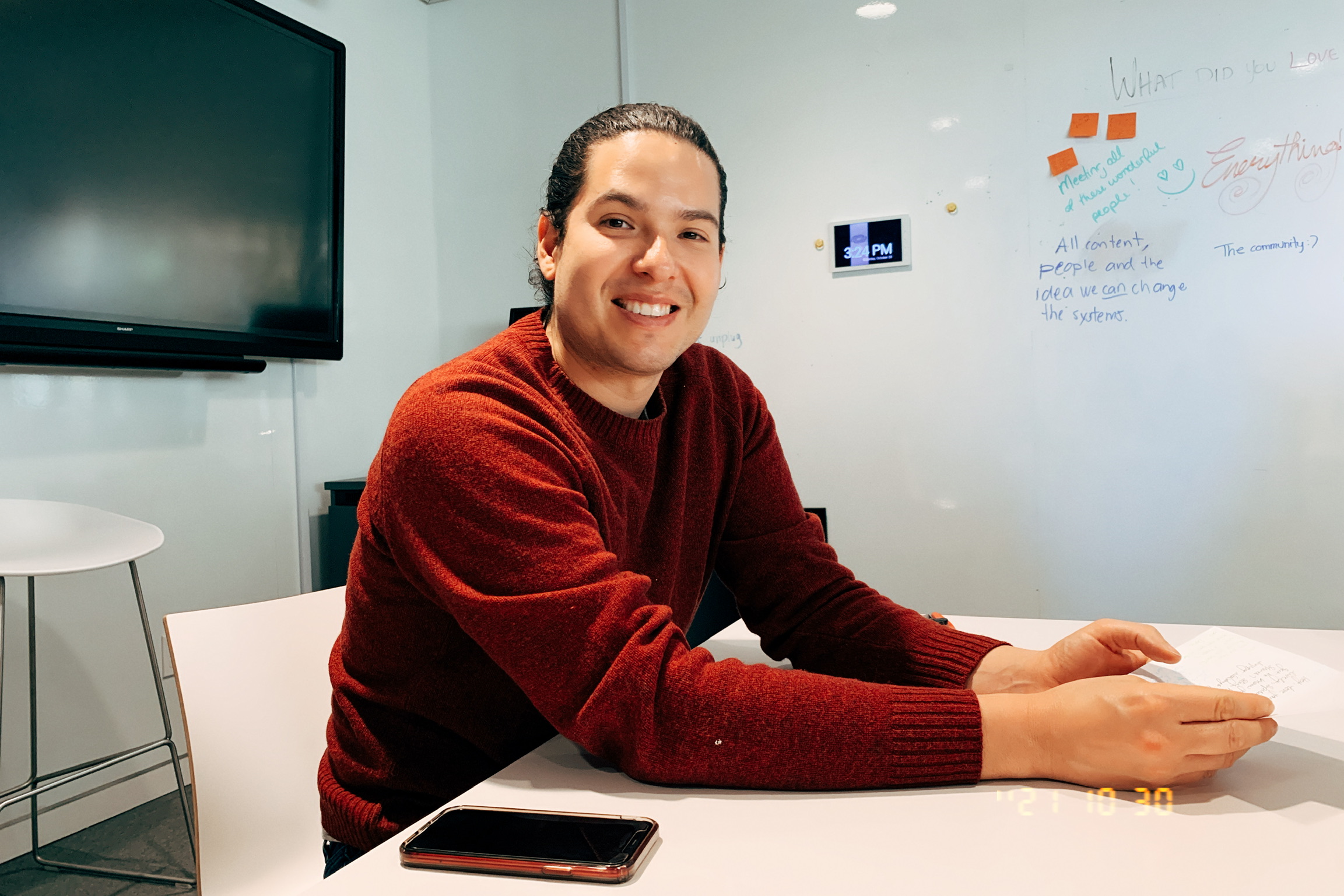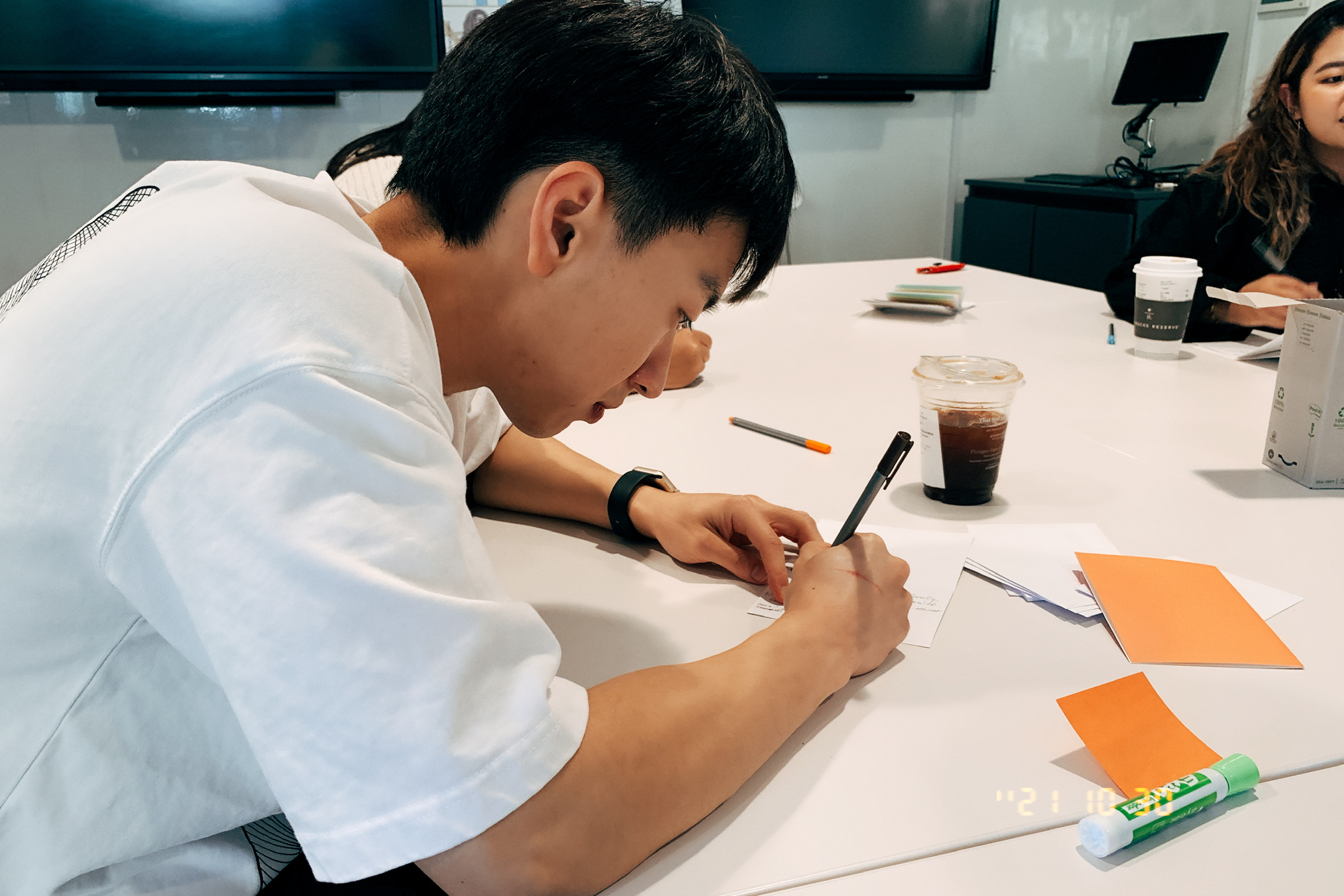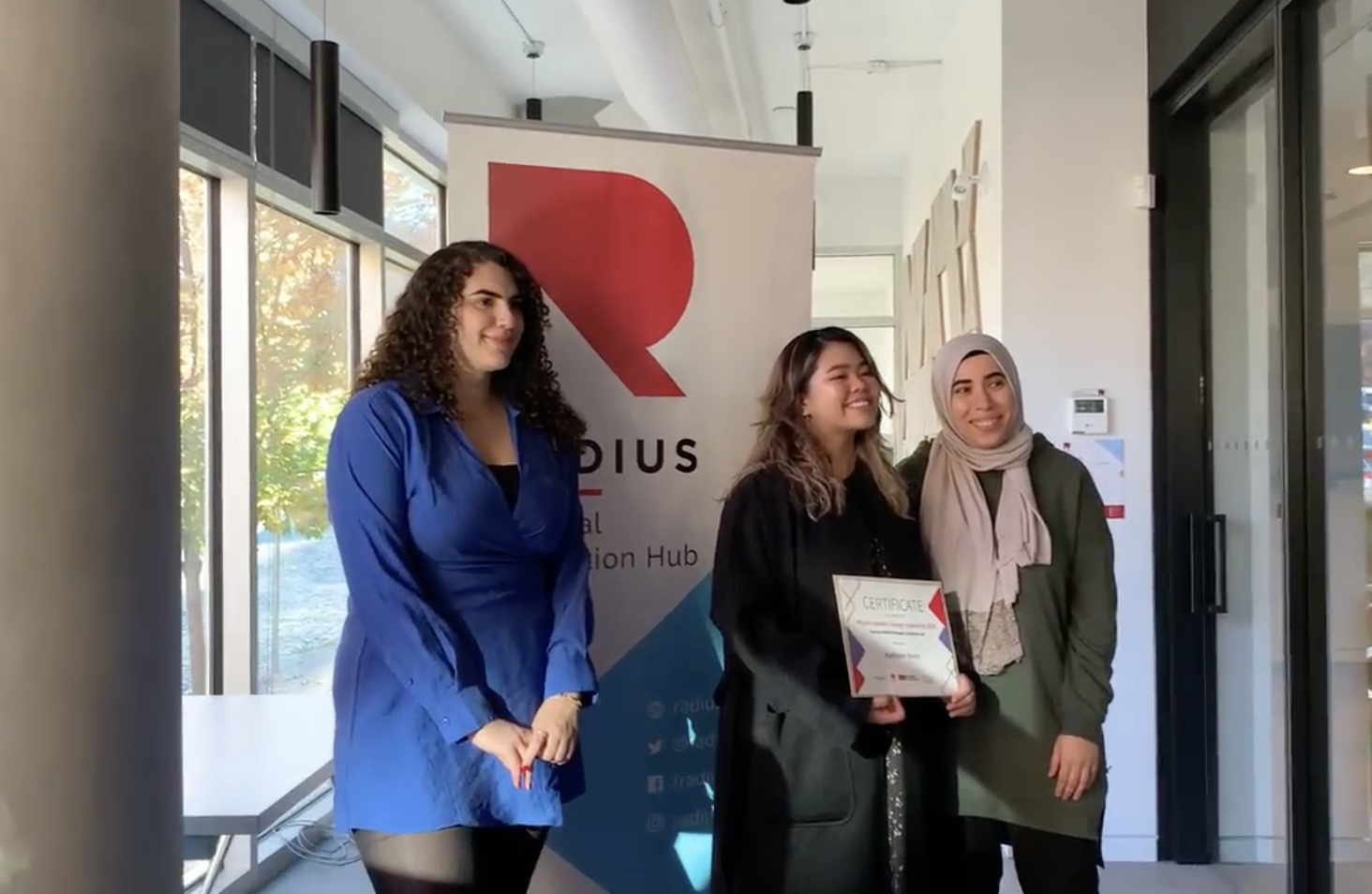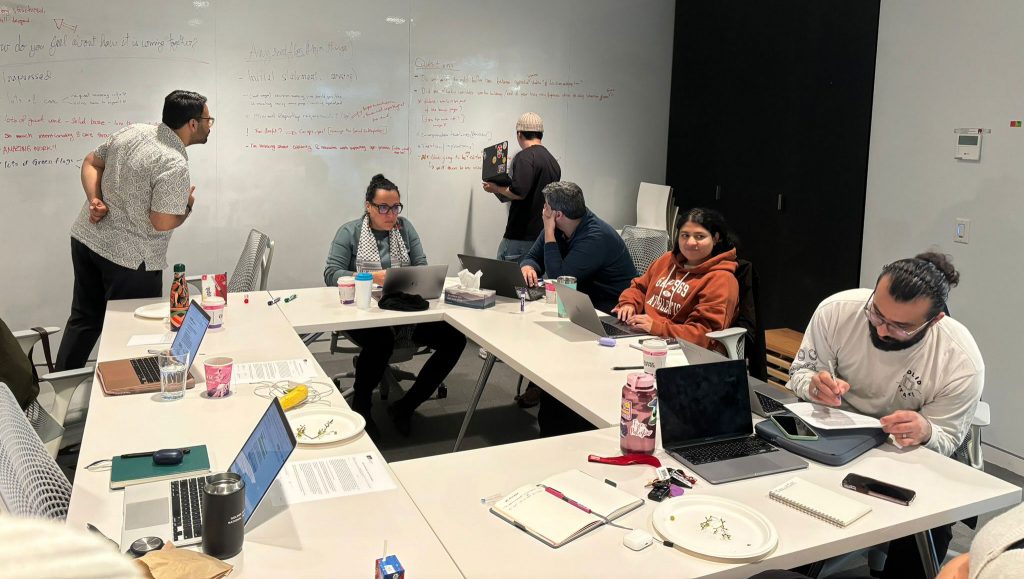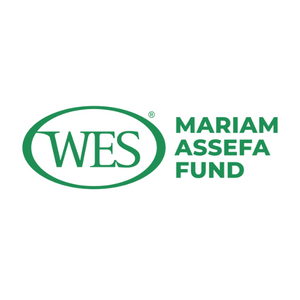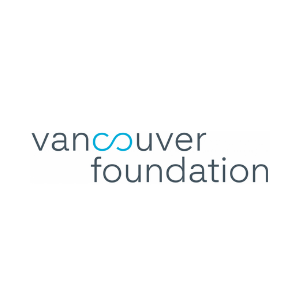Collective liberation: A belief that all solidarities and causes are ultimately tied together. Collective liberation acknowledges that multiple oppressions exist, and that we work in solidarity with each other to undo oppression in ourselves, our families, our communities, and our institutions, in order to achieve a world that is truly free for all. (Definition adapted from Center for Racial Justice in Education.)
Collective power: The capacity of a group to bring about social transformation through organized mobilization and action with a purpose to advance transformational change. Each person in the collective uses their knowledge, skills, access, and actions to reach the same goal.
Decolonization: The process of noticing and interrupting behaviours and practices connected to colonial beliefs about the superiority of Western thought and approaches.
Equality vs Equity vs Justice: Different from “equality,” in which everyone has the same amount of something (food, medicine, opportunity) despite their existing needs or assets, equity is about each person getting what they need to thrive. Justice could be said to seek a deeper improvement, with the fundamental removal of factors which create inequalities in the first place.
Equity-centred approach: A framework that embeds fairness and inclusion in decision-making, design, and implementation, actively challenging systemic inequities.
Inclusion: Creating spaces where everyone feels accepted, valued, and empowered to contribute. It also means providing equitable opportunities for participation and success for people of different identities, backgrounds, and abilities.
Intersectionality: Racialized migrants and refugees often hold multiple intersecting identities, such as being queer, gender diverse, neurodiverse, spiritually diverse, belonging to specific class backgrounds, and so on. These overlapping identities can create unique challenges in accessing settlement and other services that adequately address their specific circumstances and needs.
Oppression: A complex, overlapping system of disadvantages and power imbalances that individuals experience based on the unique intersection of their various social identities.
Racialized migrant & lived experience: A person that has first-hand experience of migrating to Canada through different pathways (express entry, asylum seekers, temporary workers, etc.) AND identifies with a community background that has been historically and persistently marginalized. They could be recently settled, such as newcomers, or have already spent a few years in Canada. We specifically mention the term “racialized” to signify the socially constructed and political systemic processes that result in greater inequities and higher instances of racism experienced by certain migrants from certain cultural/ethnic backgrounds.
Solidarity: Unity or agreement of feeling or action, especially among individuals with a common interest; mutual support within a group.
Systems change: Creating long-term, transformative impacts by challenging existing social, political, or economic structures. Intentional systems change is a process designed to change the status quo by shifting the purpose or function of an identified system. It aims to bring about lasting change by altering underlying structures (such as policies, routines, relationships, resources, power structures, and values) which make the system operate in a particular way.
